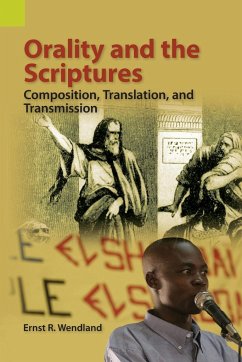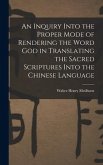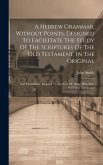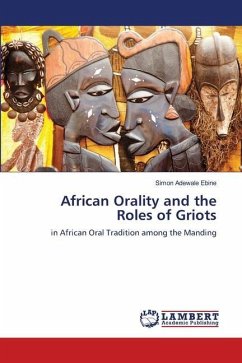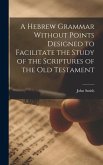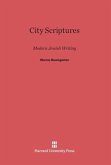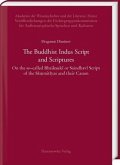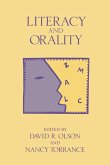What does "orality" (oral forms of discourse) have to do with the "Scriptures," a corpus of sacred written documents? The aim of these essays is to reveal how the field of "orality studies" concerns the manifold process of composing, translating, and transmitting the diverse texts of Scriptures. This oft-neglected oral/aural dimension of communication provides us with a sharper perception of and greater appreciation for the various literary features of the biblical writings and their associated semantic and spiritual implications. Part One, ORIENTATION, overviews the principal aspects of orality studies: key terms, methodologies, as well as controversies about the transmission of Scripture. Part Two, DOCUMENTATION, presents three illustrative "case studies" involving composition, featuring full-text analyses that expound an oral-oriented, literary-rhetorical "hearing" of Isaiah 66, John 17, and Philippians. Part Three, APPLICATION, invites readers to engage more actively with translating the biblical text by critically considering four additional passages from an oral-aural "soundpoint"-Song of Songs 8, Revelation 5, Philemon, and 1 Corinthians 13. The final chapter encourages the application of an orality-based methodology, to achieve an exegetically accurate, yet artistically dynamic transmission of the Bible in today's media-rich world. The book thus seeks to motivate its readers-whether teachers, students, translators, or mass-media communicators-to always lend a sensitive ear to the text whenever they engage the Scriptures. "Throughout this book, Wendland progressively, and with increasing intensity, draws our attention to an enormous amount of detailed examples of the manifold poetic and rhetorical phenomena encoded in biblical orature. The cumulative effect of these detailed examples builds a powerful case for the necessity of recognizing and exploiting the expressive nature and potential of biblical oral arts. Clearly, oral verbal arts communicate much more than "mere words." As Wendland puts it, they also 'animate hearts'" (from the Foreword). Ernst R. Wendland (Ph.D., African Languages and Literature, University of Wisconsin) is an instructor at Lusaka Lutheran Seminary and a dissertation examiner in Zambian languages at the University of Zambia. A former UBS Translation Consultant, he still serves as Professor Extraordinary in the Centre for Bible Interpretation and Translation in Africa, Department of Ancient Studies, Stellenbosch University, South Africa.
Hinweis: Dieser Artikel kann nur an eine deutsche Lieferadresse ausgeliefert werden.
Hinweis: Dieser Artikel kann nur an eine deutsche Lieferadresse ausgeliefert werden.

